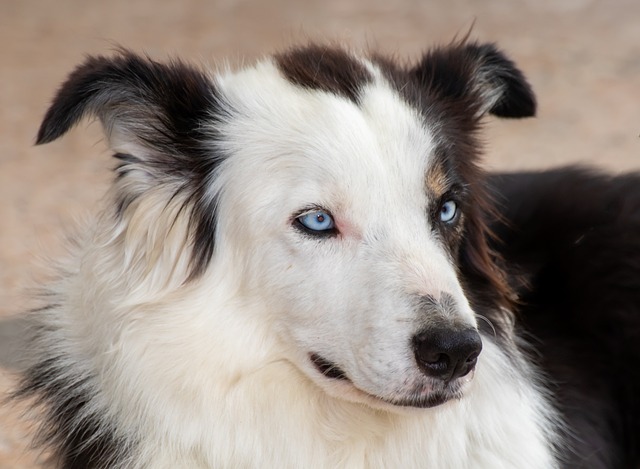
How do i train my dog to be obedient?
Watching your dog dart across the park ignoring your calls isn’t just frustrating—it can put them at risk near busy streets or public spaces.
Border Collies arrive with a brain that never hits pause—sharp, curious, and always ready to work. This intensity makes them legends in herding circles, but it also shapes what training looks like. Calling their training “easy” misses the nuance; it’s more about matching their drive with the right approach, not just teaching commands.
Their intelligence means they pick up new skills fast—faster than many other breeds. A well-timed treat or enthusiastic praise after a sit or stay can have them mastering basics in days. But that same quickness works against you if they get bored. Leave a training session repetitive, and they’ll start inventing their own games—digging under the fence, herding the kids, or outsmarting your attempts to keep them occupied.
Energy levels play a huge role too. These dogs weren’t built for couch potato days. Without enough physical and mental exercise, their focus scatters, making even simple commands feel like a battle. A 20-minute walk won’t cut it; they need runs, puzzle toys, or tasks that let their brains engage—like fetch with a twist or learning agility tricks. Burn off that energy first, and training sessions become far smoother.
 Consistency is non-negotiable, but it has to be kind. Border Collies are sensitive—harsh words or punishment can shut down their willingness to try. They thrive on partnership, responding best when training feels like a team effort. If your cues vary or you let bad behavior slide sometimes, they’ll notice and exploit the gaps, turning what could be progress into confusion.
Consistency is non-negotiable, but it has to be kind. Border Collies are sensitive—harsh words or punishment can shut down their willingness to try. They thrive on partnership, responding best when training feels like a team effort. If your cues vary or you let bad behavior slide sometimes, they’ll notice and exploit the gaps, turning what could be progress into confusion.
Socialization matters more here than with less alert breeds. Their natural instinct to herd can translate to nipping at heels or chasing bikes if they don’t learn boundaries early. Exposing them to different people, dogs, and environments—from busy parks to quiet streets—teaches them when to focus and when to relax. Many local leash laws and community guidelines align with this, emphasizing well-adjusted behavior in public spaces.
The “easy” part comes when their mind and body are challenged. These dogs live for purpose; a Border Collie who knows they’re working with you—whether it’s practicing obedience or learning a new trick—will throw themselves into training with enthusiasm. It’s when that purpose is missing that training feels like a struggle. They don’t just want to follow orders; they want to understand why and feel useful.
Training a Border Collie is less about difficulty and more about compatibility. If you’re ready to keep up with their pace—bringing energy, creativity, and patience—you’ll find joy in their eagerness to learn. They’ll surprise you with their cleverness, make you laugh at their antics, and reward your effort with a bond that feels more like a partnership than ownership. It’s not always easy, but for those willing to meet them halfway, it’s deeply rewarding.

Watching your dog dart across the park ignoring your calls isn’t just frustrating—it can put them at risk near busy streets or public spaces.

New puppy owners often find themselves rushing to clean up accidents before they set in, and that’s where puppy pad training becomes a game-changer.

If you've noticed your dog's waistline disappearing and your veterinarian has mentioned those few extra pounds, your first instinct might be to simply reduce the amount of food in their bowl.

Training a dog to use a designated spot indoors isn’t as daunting as many new owners fear, but it does take consistency and an understanding of your pet’s needs.

That moment of dread on a walk is all too familiar for many new dog owners. You see another dog approaching down the sidewalk of your neighborhood

If the sight of another dog on your neighborhood walk makes your heart sink as your own dog erupts into a frenzy of barking and lunging, you're not alone.